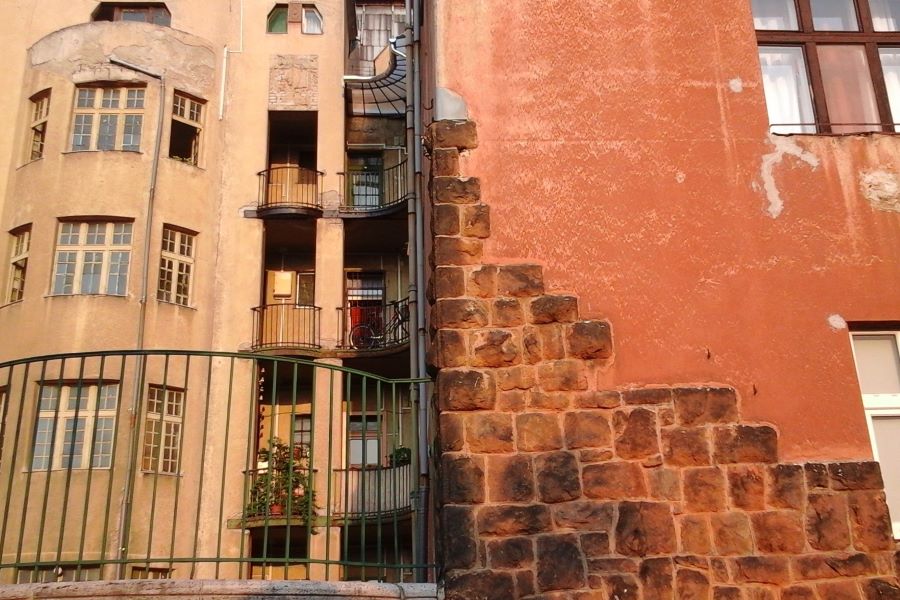
by Helen Womack | 1 Mar 2022 | Europe, Future of Democracy, Government, Human Rights, Immigration, Nationalism, Politics
As leader of Hungary, Viktor Orbán has thumbed his nose at EU values. Elections in April will test whether Hungarians want his “illiberal democracy.” An old tenement block in the Budapest district of Angyalföld, which reflects the split in Hungarian...
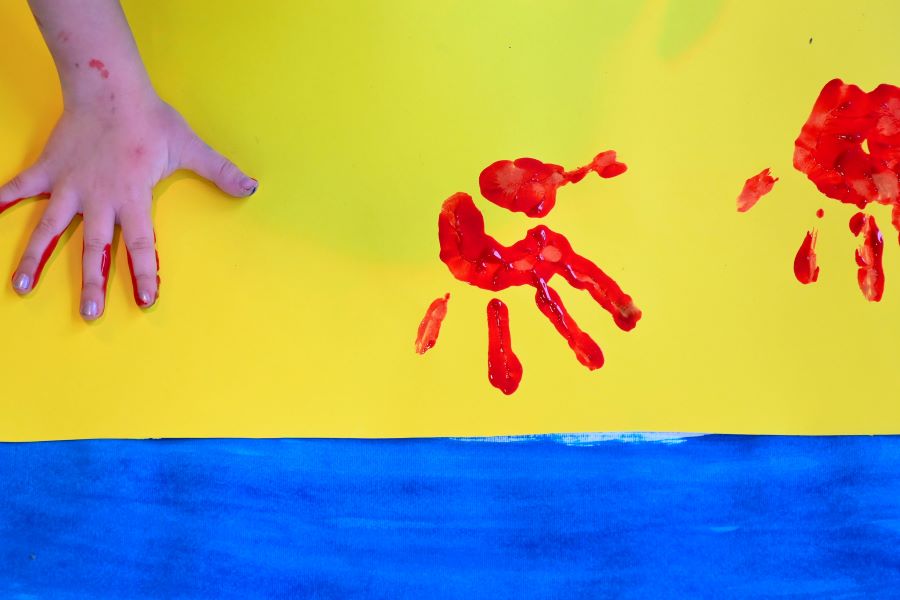
by News Decoder | 24 Feb 2022 | Conflict, Educators' Catalog, Europe, Future of Democracy, Joe Biden, Ukraine, World
We asked News Decoder correspondents why young people should care about Russia’s invasion of Ukraine. Here’s what they said. An Ukrainian child stamps her painted hand on the Ukrainian flag during a protest outside the Russian embassy in Beirut, Lebanon,...
Russia’s invasion of Ukraine dominates the news. With so much changing so rapidly, it can be difficult to get a big picture view of the context, implications and side effects of the attacks. When you live far away from the conflict, it can be difficult to know why you should care, with all the other problems in the world, and what — and who — to believe.
In this compilation, News Decoder correspondents offer different perspectives to consider about the war in Ukraine and potential consequences around the globe — and even in space. They bring decades of experience covering politics, foreign affairs and conflict — many having been based in Russia and Eastern Europe — to help place the invasion in a larger context. Their commentary provides a launching point for discussion.
Exercise: Ask students what questions they have about Ukraine and how the conflict might have an impact on your country.
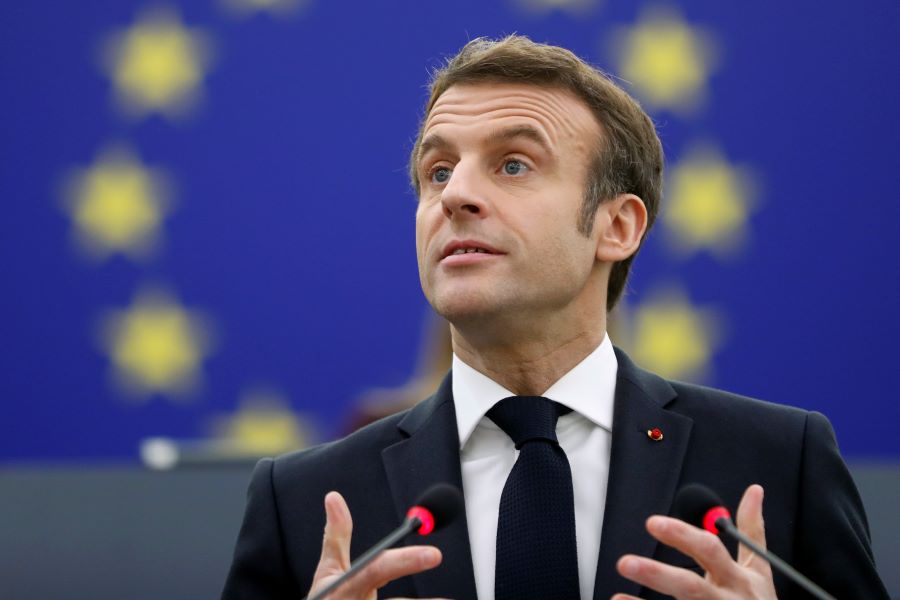
by Robert Holloway | 3 Feb 2022 | Europe, Government, Politics
French voters may have their minds on other matters ahead of April’s election, but President Emmanuel Macron stands firmly for a strong Europe. French President Emmanuel Macron at the European Parliament in Strasbourg, France, 19 January 2022 (Bertrans Guay,...
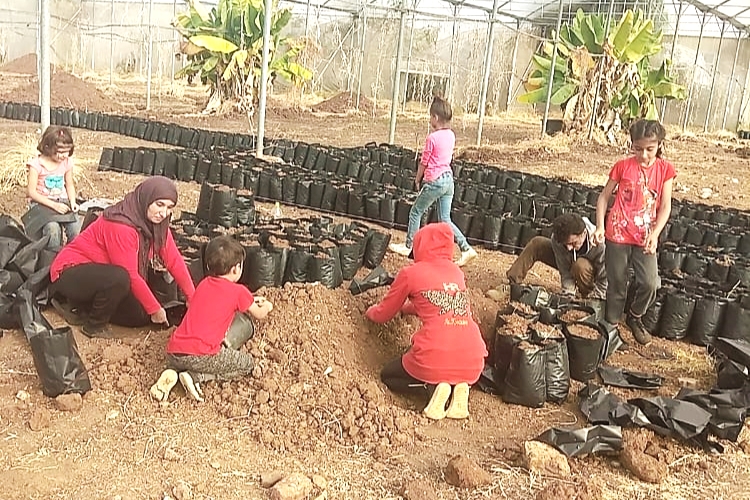
by Katharine Lake Berz | 1 Feb 2022 | Conflict, Educators' Catalog, Human Rights, Immigration, Middle East, Refugees, University of Toronto Journalism Fellows
Lebanon is suffering one of the worst crises the world has seen in 150 years. The children in one Syrian refugee family have little choice but to work. The Hemo family working in a greenhouse where they earn $10 a day for their labour, November 2021 (All photos by...
More than half a million refugees have fled Ukraine since war broke out one week ago, with more still fleeing the fighting. Throughout history, displacement has gone hand-in-hand with conflict. Decades of violence in Afghanistan displaced more than 2.6 million refugees, with thousands more fleeing last autumn after the U.S. troop withdrawal. (Some, like correspondent Zamir Saar, sought refuge in Ukraine.) According to the UNHCR, since 2011, the crisis in Syria has forced 6.8 million people to leave their country, with another 6.7 million internally displaced.
Now, an estimated 1.5 million Syrian refugees are living in Lebanon, including Sanam Hemo, her husband, and their seven children. While Lebanon provides safety, the country is experiencing a dire economic crisis, leaving no choice but for all family members — even their four-year-old — to work. Katherine Lake Berz, a journalism fellow at the University of Toronto, gives an up-close account of the reality of refugee life for Sanam’s family and how organizations like UNICEF Canada are seeking solutions to child labor.
Exercise: Ask students to put themselves in Sanam and Othman’s shoes. What would they do differently? What would they do the same?
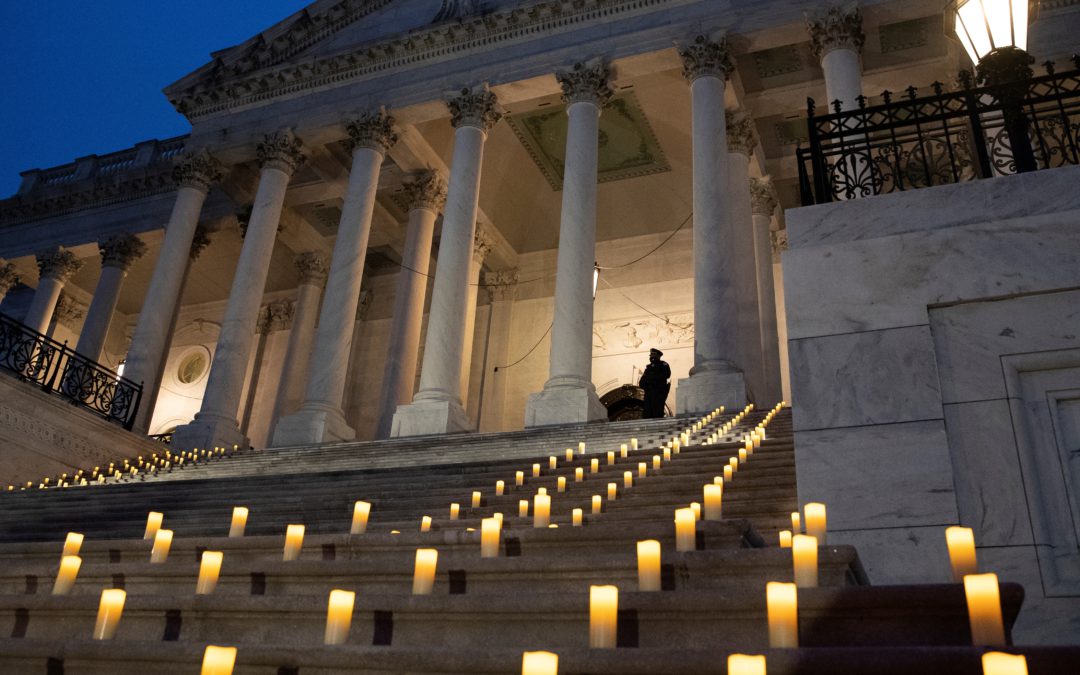
by Urvashi Bundel | 10 Jan 2022 | Americas, Art, Culture, Donald Trump, Personal Reflections, Politics, Youth Voices
A year after supporters of ex-U.S. President Donald Trump attacked the Capitol Building, a young poet reflects on the American dream — or nightmare. A police officer stands on the steps of the U.S. Capitol before a prayer vigil marking the one-year anniversary of the...





